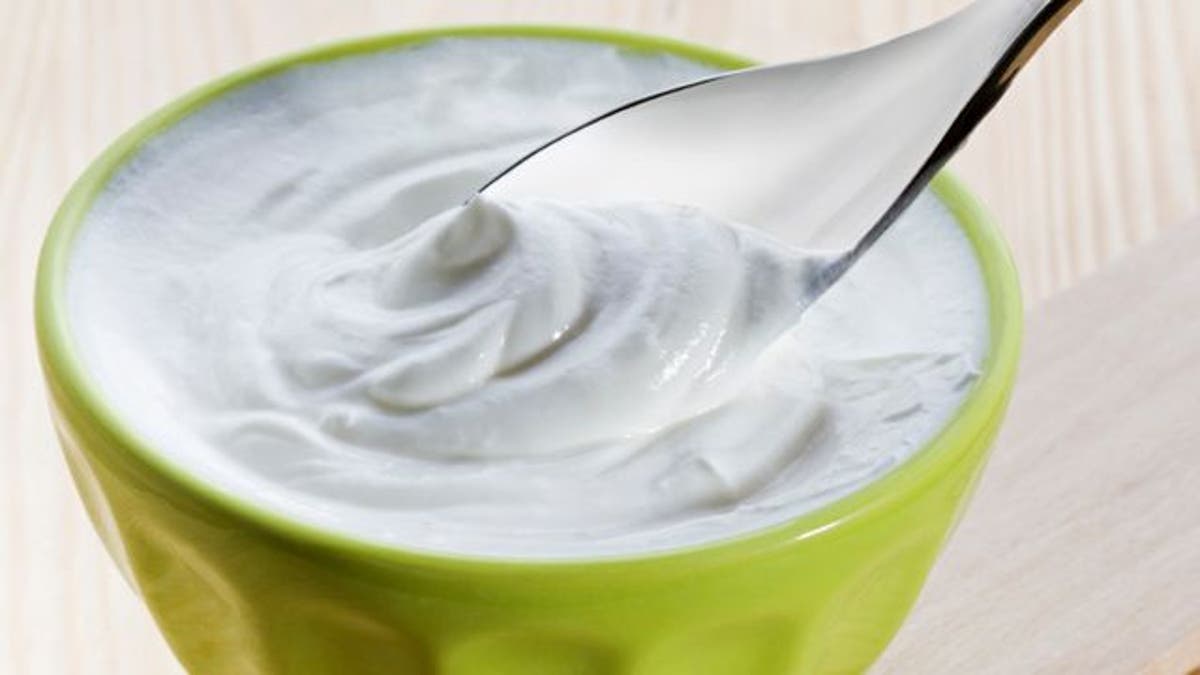
The news is bloated with information on weight loss—but as it turns out, there are some simple key rules to keep in mind. Researchers at Tufts University looked at more than 16 years of data from 120,000 men and women who were included in three long-term studies.
According to their results, which were published in the American Journal of Clinical Nutrition, these are the things that might help you drop pounds for good, and keep them off:
1. Load up on low-glycemic foods
Diets with a high glycemic load (GL)—think refined grains, starches, and sugars—were linked to more weight gain. The reason: Foods that rank high on the glycemic index can cause rapid spikes in blood sugar and a resulting surge in insulin, the hormone that helps the body use or store blood sugar. While that’s not a new finding, past research hasn’t shown how an inflated GL relates to weight gain over time.
RELATED: 10 Easy Ways to Slash Sugar from Your Diet
2. Eat more of these protein-rich foods
Boosting consumption of yogurt, seafood, skinless chicken and nuts best helped stave off extra weight, researchers observed. The more people downed, the fewer pounds they gained.
3. Don’t worry so much about full-fat dairy
An increase in eating full-fat cheese and whole milk did not relate to weight gain or weight loss. “In fact, when people consumed more low-fat dairy productions, they increased their consumption of carbs, which may promote weight gain,” primary study author Jessica Smith, PhD, said in a statement. “This suggests that people compensate, over years, for the lower calories in low-fat dairy by increasing their carb intake.”
RELATED: 30 Healthy Foods That Could Wreck Your Diet
4. Balance your meals
Researchers also examined the relationship between protein-rich foods and GL of the diet. They discovered that decreasing GL by eating red meat (commonly linked to weight gain) with veggies (instead of with, say, refined white bread) helped offset gain. And when people ate more eggs and cheese in combination with lower glycemic foods, participants lost weight (while combining them with high glycemic foods was linked to weight gain).
5. Quit obsessing over calories
All of the aforementioned tactics matter more. “Most interestingly, the combination of foods seems to make a big difference,” senior author Dariush Mozaffarian, MD, DrPH, in a statement. “Our study adds to growing new research that counting calories is not the most effective strategy for long-term weight management and prevention.”







































